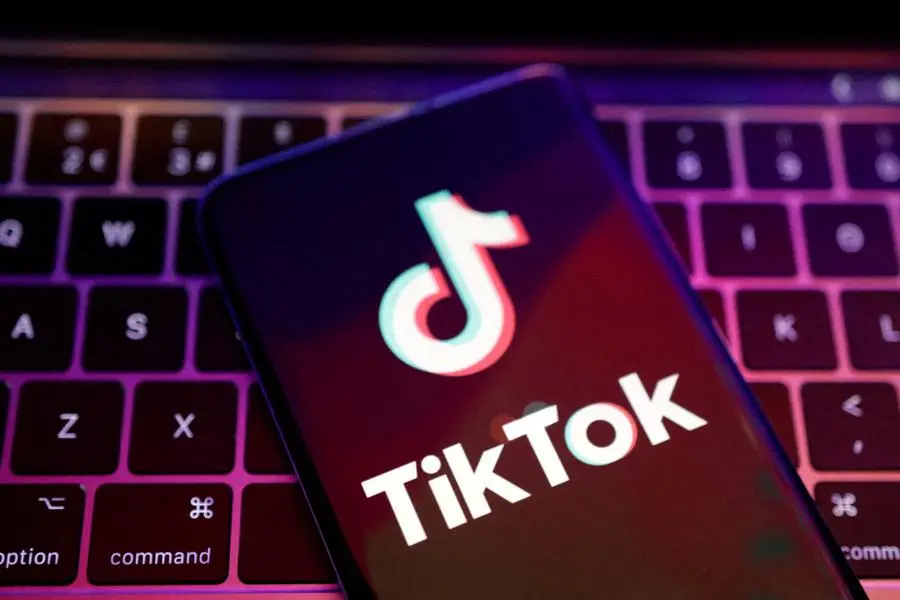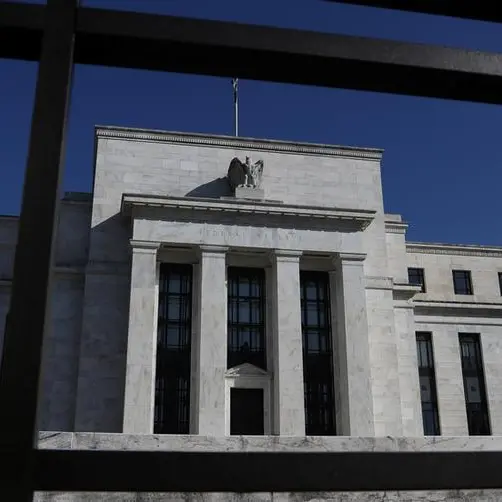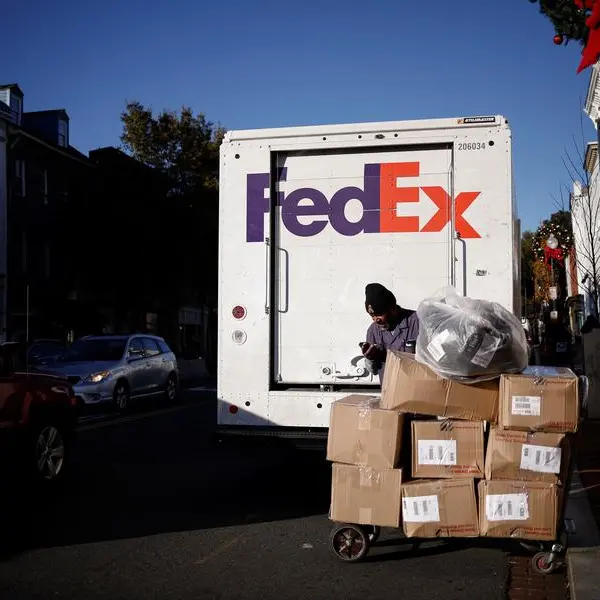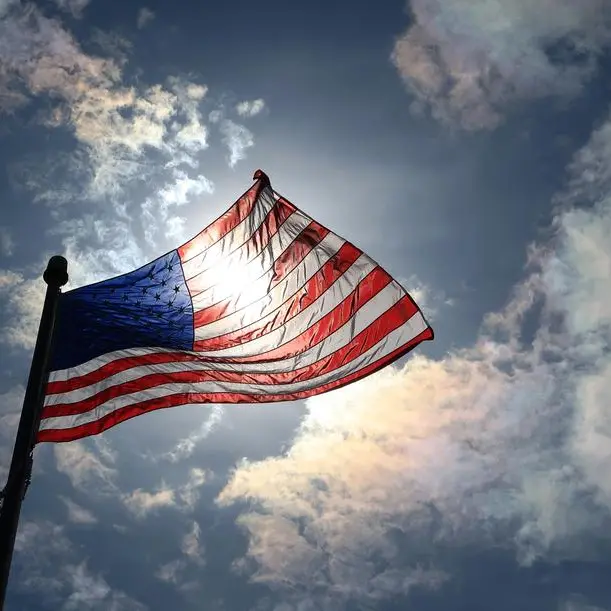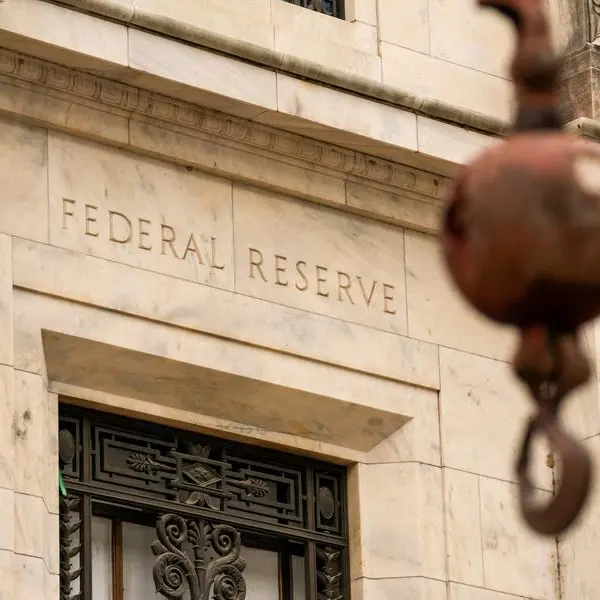PHOTO
TikTok on Sunday raised free speech concerns about a bill passed by the U.S. House of Representatives that would ban the popular social media app in the U.S. if its Chinese owner ByteDance did not sell its stake within a year. The House passed the legislation on Saturday by a margin of 360 to 58. It now moves to the Senate where it could be taken up for a vote in the coming days. President Joe Biden has previously said he will sign the legislation. The step to include TikTok in a broader foreign aid package may fast-track the timeline on a potential ban after an earlier separate bill stalled in the U.S. Senate.
"It is unfortunate that the House of Representatives is using the cover of important foreign and humanitarian assistance to once again jam through a ban bill that would trample the free speech rights of 170 million Americans," TikTok said in a statement.
Many U.S. lawmakers from both the Republican and Democratic parties and the Biden administration say TikTok poses national security risks because China could compel the company to share the data of its 170 million U.S. users. TikTok insists it has never shared U.S. data and never would.
Democratic U.S. Senator Mark Warner, chairman of the Senate Intelligence Committee, on Sunday said TikTok could be used as a propaganda tool by the Chinese government.
"Many young people on TikTok get their news (from the app), the idea that we would give the (Chinese) Communist Party this much of a propaganda tool as well as the ability to scrape 170 million Americans' personal data, it is a national security risk," he told CBS News.
Some progressive Democrats have also raised free speech concerns over a ban and instead asked for stronger data privacy regulations.
Democratic U.S. Representative Ro Khanna said on Sunday that he felt a TikTok ban may not survive legal scrutiny in courts, citing the U.S. Constitution's free speech protections.
"I don't think its going to pass First Amendment scrutiny," he said in an interview to ABC News. The House voted on March 13 to give ByteDance about six months to divest the U.S. assets of the short-video app, or face a ban. The legislation passed on Saturday gives a nine-month deadline which could be further extended by three months if the president were to determine progress toward a sale. TikTok was also a topic of conversation in a call between Biden and his Chinese counterpart Xi Jinping earlier this month. The White House said Biden raised American concerns about the app's ownership.
(Reporting by Kanishka Singh in Washington; Editing by Chizu Nomiyama )
